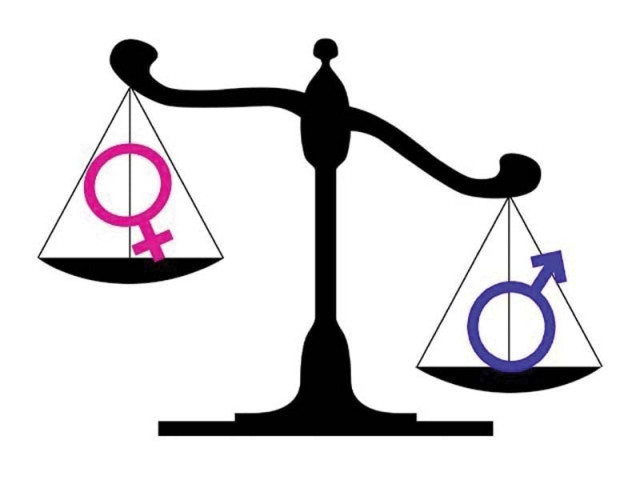Gender bias: Archaic laws, customs inhibit women entrepreneurs
By capturing missed potential of women’s participation, country can enhance competitiveness

By capturing missed potential of women’s participation, country can enhance competitiveness. CREATIVE COMMONS
Men, all over the world, are more likely to get full-time jobs compared to their female counterparts and where women do manage to get jobs, they are not given lucrative salaries – a reflection of unequal pay.
In Pakistan, despite having immense talent and business acumen, many women are not given adequate support and facilities by the state to initiate their own business ventures. They, like any other entrepreneur, face the same challenges including unfavourable investment climate, costs of doing business and others.
Gender bias: The plight of women in Pakistan
Moreover, laws fail to fully support and come to the rescue of women who are running their own enterprises. Firstly, labour and land laws directly or indirectly restrict women’s ability to participate in the private sector.
In addition to that, the laws that do not fall within the realm of business sector, such as those concerning marriage, family relations and inheritance, also tend to have a huge impact on a woman’s ability to take part in the private sector. The archaic laws and customs prevailing in Pakistan need to be repealed as they not only restrict women’s ability to conduct business but also create hindrances in the way of accessing economic resources.
In many households, women are denied their right to inheritance, especially in the family land, and the existing laws also prevent them from having a legal title to it. It is thought that land is a man’s domain and women are not given access to machinery, fertiliser and necessary agriculture information. Such practices impact the growth potential and productivity of women and performance of the economy as a whole.
Gender discrimination
In circumstances where laws and procedures are gender neutral, there have been incidents of gender discrimination and bias. Women are at times forced to go through lengthy and cumbersome procedures when it comes to formalisation of their businesses.
Barriers such as lengthy and complex registration, incorporation and licensing practices have a disproportionately negative effect on women.
On many occasions, it has been observed that women are not in a position to afford long and expensive registration procedures and when they are in a position to do so they are denied the right to interact with government officials to get their businesses registered.
Lack of representation
Another dilemma that women come across is their lack of representation. In Pakistan, women are not very well represented and have little or no access to the networks and lobbies that influence public decision-making.
Gender discrimination
Most women are invisible at managerial positions and have limited visibility on top government positions. Prevailing customs, beliefs and attitudes of men as well as women often restrict the scope and acceptability of women’s activities.
Also, a cultural environment of male dominance restricts women’s ability to control the revenue generated by their businesses. Women are also not taken seriously as business runners and are treated dismissively by financial institutions or other service providers.
Reform programme
Pakistan is in dire need of an investment climate reform programme. An insight into where men and women are situated in the economy and what their principal economic activities are will spur a more focused investment climate reform.
It is crucial to identify key sectors in which women have a dominant economic role to play in order to analyse sector-specific constraints to business registration, licensing and taxation in order to develop a more gender-responsive approach.
For gender to be incorporated into the reform programme, the institutional responsibility must lie with the government entity in charge of investment policy and private sector development.
The women who have recently entered into a business venture must be given increased access to training. Similarly, these women should also be given improved access to information and networks primarily because they are under-represented in unions, particularly the trade unions. Economic independence of women can play a tremendous role in making successful female entrepreneurs.
Pakistan needs to take steps to ensure a smooth provision of micro-credit loans or bigger loans for females wanting to start a new business venture. Also, there is a need to develop innovative financial instruments and improved financial literacy.
If we are serious towards addressing the issues, we first need to collect sex disaggregated data about employment, activities, rewards and then approach women’s groups, producers and workers.
By capturing the missed potential of women’s participation, a country can significantly reduce its development costs and enhance competiveness. Also, a gender informed public-private dialogue could bring a more equitable perspective to laws, regulations and reforms for the development of society, thereby making the society more inclusive and more progressive.
The writer works as a consultant in the development sector and holds a law degree from the University of London
Published in The Express Tribune, September 19th, 2016.
Like Business on Facebook, follow @TribuneBiz on Twitter to stay informed and join in the conversation.



















COMMENTS
Comments are moderated and generally will be posted if they are on-topic and not abusive.
For more information, please see our Comments FAQ